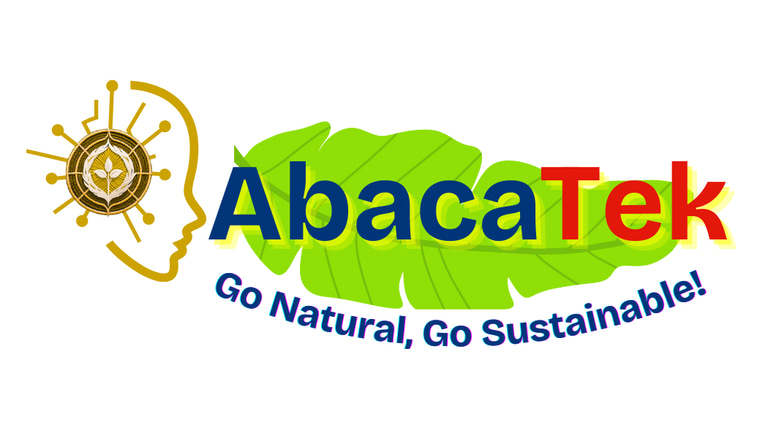Discover our Natural and Eco-friendly Fabrics!
What is Abaca (Musa Textilis)?
Abaca (Musa Textilis), is a natural leaf fiber extracted from the stalk of the abaca plant, a close relative of the banana tree. Native to the Philippines, abaca has been prized for centuries for its exceptional strength, durability, and resistance to saltwater and wear. Today, it is gaining renewed attention as a sustainable alternative to synthetic and environmentally taxing fibers. Abaca (Musa textilis), is a next-generation natural fiber that brings together wellness, sustainability, and strength. Whether worn, woven, or worked into modern design, it offers a beautiful solution for those who care about the planet—and their own energy.
Energetic Harmony with the Body
According to research in bioenergetics by Dr. Heidi Yellen, all materials emit a natural vibrational frequency, and these frequencies can interact with the human body. Fabrics like organic cotton that vibrate at 3,500Hz, when blend with Abaca, can be beneficial to the human body. This alignment may support wellbeing by creating energetic harmony—unlike conventional fabrics made from synthetics or non-organic cotton, which vibrate much lower.
So when you wear or use abaca, you're not just making a sustainable choice—you’re choosing a fiber that aligns with your body’s natural rhythm.
Why Abaca is an Eco Powerhouse
Abaca isn't just good for your energy, it’s also one of the most sustainable natural fibers available. Here's why:
Low Environmental Impact: Grows without the need for chemical pesticides or herbicides. It thrives in tropical environments with minimal input.
Carbon-Negative: Absorbs more carbon dioxide than it produces during cultivation.
Soil-Enriching: Its deep root system helps prevent soil erosion and regenerates the land.
High Yield: Produces more fiber per hectare than many traditional crops like cotton or flax.
Abaca is often compared to linen and hemp—but in many ways, it outperforms them:
Exceptionally Strong: Abaca fibers are among the strongest of all natural fibers. This strength translates into long-lasting fabrics that resist wear and tear.
Lightweight & Breathable: Offers excellent airflow, making it ideal for warm climates and active lifestyles.
Naturally Antibacterial: Resists microbial growth without the need for chemical treatments.
UV Resistant: Provides natural protection against sunlight and fading.
Water-Resistant: Originally used in marine ropes and sails due to its resistance to saltwater damage.
Non-static & Hypoallergenic: Comfortable for sensitive skin.
Abaca Blended with Cotton: The Best of Both Worlds
When blended with cotton, especially organic cotton, abaca gains a softer hand feel while retaining its strength and structure. The result is a high-performance, breathable, and durable fabric that looks good, feels good, and does good for the planet.
Benefits of Abaca-Cotton blends:
Stronger and more durable than pure cotton
Lighter, more breathable, and moisture-wicking
Less prone to wrinkling and shrinking
Naturally antibacterial and UV-protective
Biodegradable and earth-friendly
Applications of Abaca Today
Abaca is used in both traditional and modern applications, including:
Sustainable fashion (apparel, bags, accessories)
Home textiles (curtains, rugs, tableware)
Eco-packaging and bioplastics
Automotive interiors and composite materials
Paper products (especially high-quality currency paper)
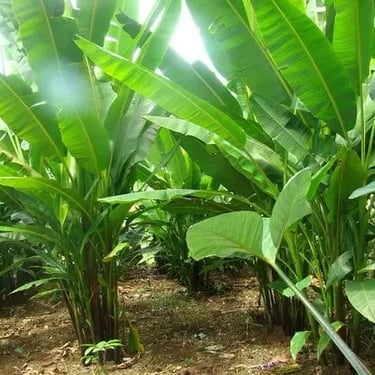
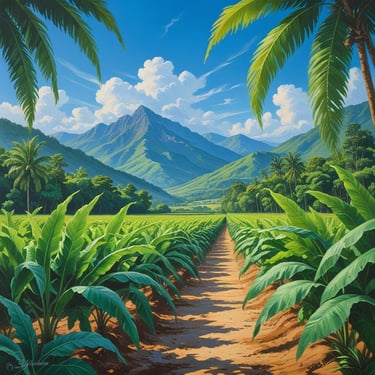
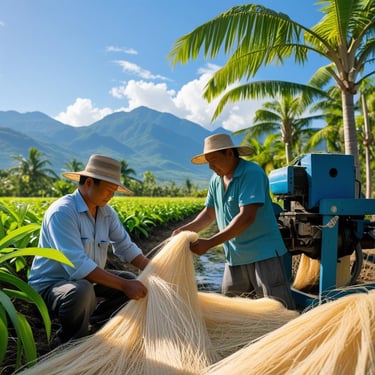
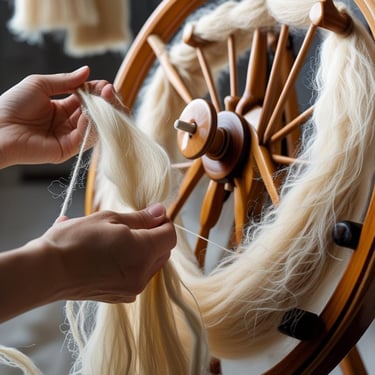
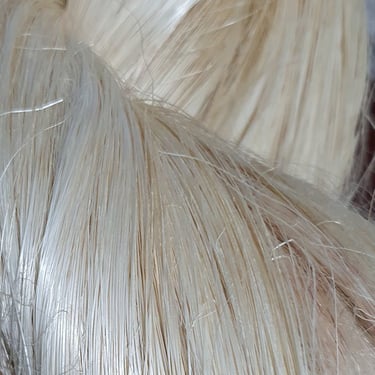
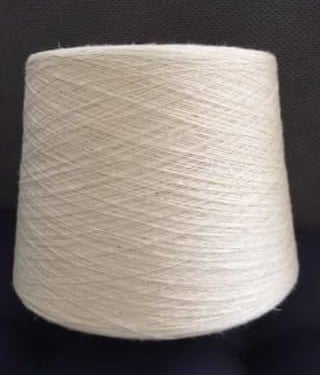
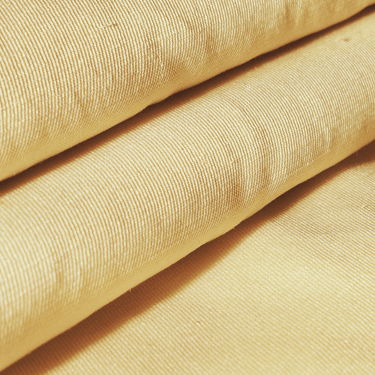
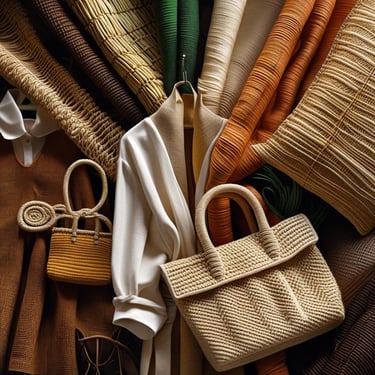

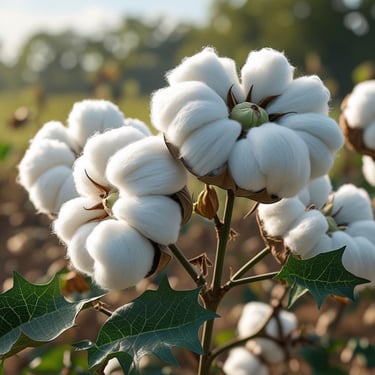
ABACATEK
Explore our sustainable and eco-friendly natural fabric today.
Contact Us
Get New Updates
info@abacatek.com
0063.945.5330337
© 2025. ABACATEK. All rights reserved.
Follow Us:
